You're Still a Young Man-Tower of Power (Cover)
- NeedsBass Electric
- NeedsDrums
- NeedsKeys Piano Electric - Rhodes
- NeedsSaxophone
- NeedsTrumpet
n the summer of 1968, tenor saxophonist/vocalist Emilio Castillo met Stephen "Doc" Kupka, who played baritone sax. Castillo had played in several bands, but Castillo's father told his son to "hire that guy" after a home audition.[5] Within months the group, then known as The Motowns, began playing various gigs around Oakland and Berkeley, their soul sound appealing to both minority and counterculture listeners.[3][6]
Castillo wanted to play Bill Graham's Fillmore Auditorium in San Francisco, but he realized he would never get in with a name like The Motowns.[6] The band agreed on Tower of Power and the name stuck.[7]
By 1970, the now renamed Tower of Power—now including trumpet/arranger Greg Adams, first trumpet Mic Gillette, first saxophone Skip Mesquite, Francis "Rocco" Prestia on bass, Willie Fulton on guitar, and drummer David Garibaldi—signed a recording contract with Bill Graham's San Francisco Records and released their first album, East Bay Grease. Rufus Miller performed most of the lead vocals on this debut album.[3] The group was first introduced to the San Francisco Bay area by radio station KSAN, which played a variety of artists such as Cold Blood, Eric Mercury, and Marvin Gaye.
Augmented by percussionist/conga/bongo player Brent Byars, Tower of Power was released from their San Francisco label contract and moved to Warner Bros. Records. Rick Stevens replaced Rufus Miller as lead singer on 1972's Bump City, which gave the band their first national exposure.[8] This album included the hit single "You're Still a Young Man", which peaked at #29 on the Billboard Hot 100 and was Stevens' pinnacle vocal performance before leaving the band.[4] Emilio Castillo, who co-wrote the tune with Stephen Kupka, told Songfacts that the song was based on a true story about him and a former girlfriend who was six years his senior.[9]
Tower of Power, released in the spring of 1973, was the third album for the band. It featured soul singer Lenny Williams on lead vocals and Lenny Pickett on lead tenor saxophone. Bruce Conte replaced guitarist Willie Fulton and keyboardist Chester D.Thompson also joined the band during the recording of the album. The album spawned their most-successful single "So Very Hard to Go". Although the single peaked at #17 on the Billboard Hot 100,[4] it landed in the Top 10 on the surveys of many West Coast Top 40 radio stations, hitting #1 on many of them. The album also charted two other singles on the Billboard Hot 100, "This Time It's Real" and "What Is Hip?"[3]
| Talent | Invited | Reserved |
|---|---|---|
| Bass Electric | Cudgebass | Cudgebass |
| Drums | Cudgedrums | Cudgedrums |
| Keys Piano Electric - Rhodes | ||
| Saxophone | ||
| Trumpet | Owenks | Owenks |
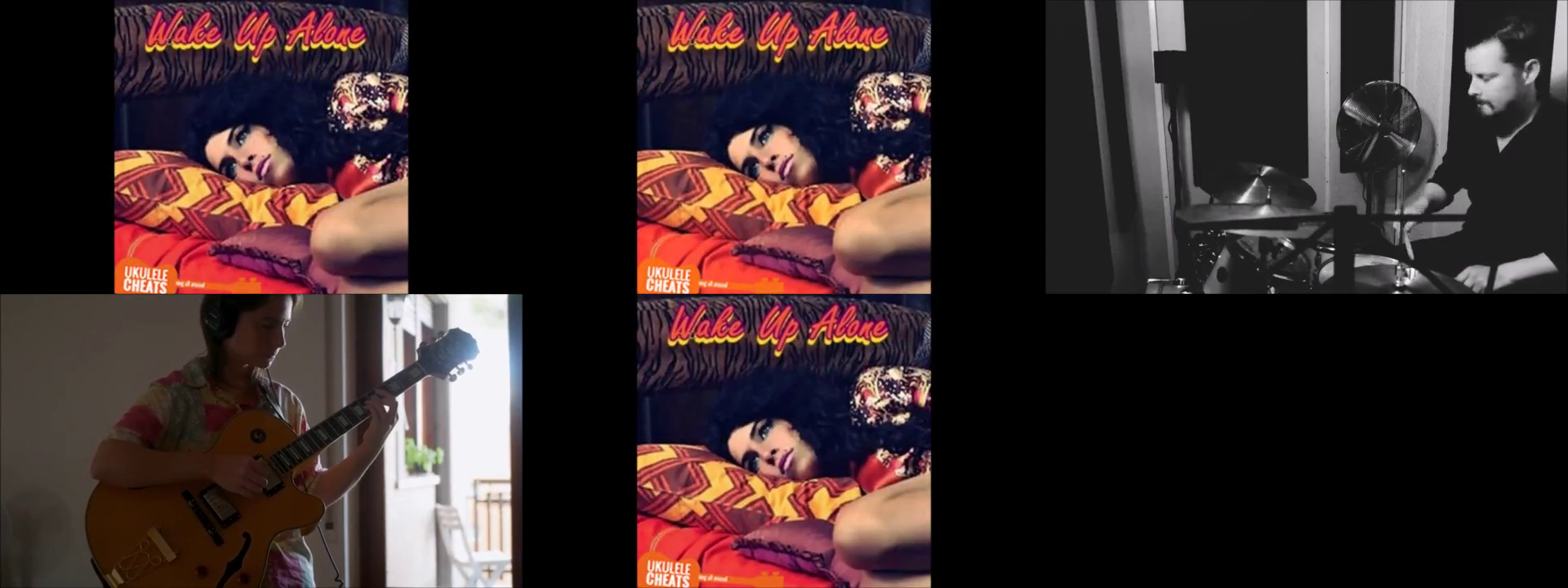


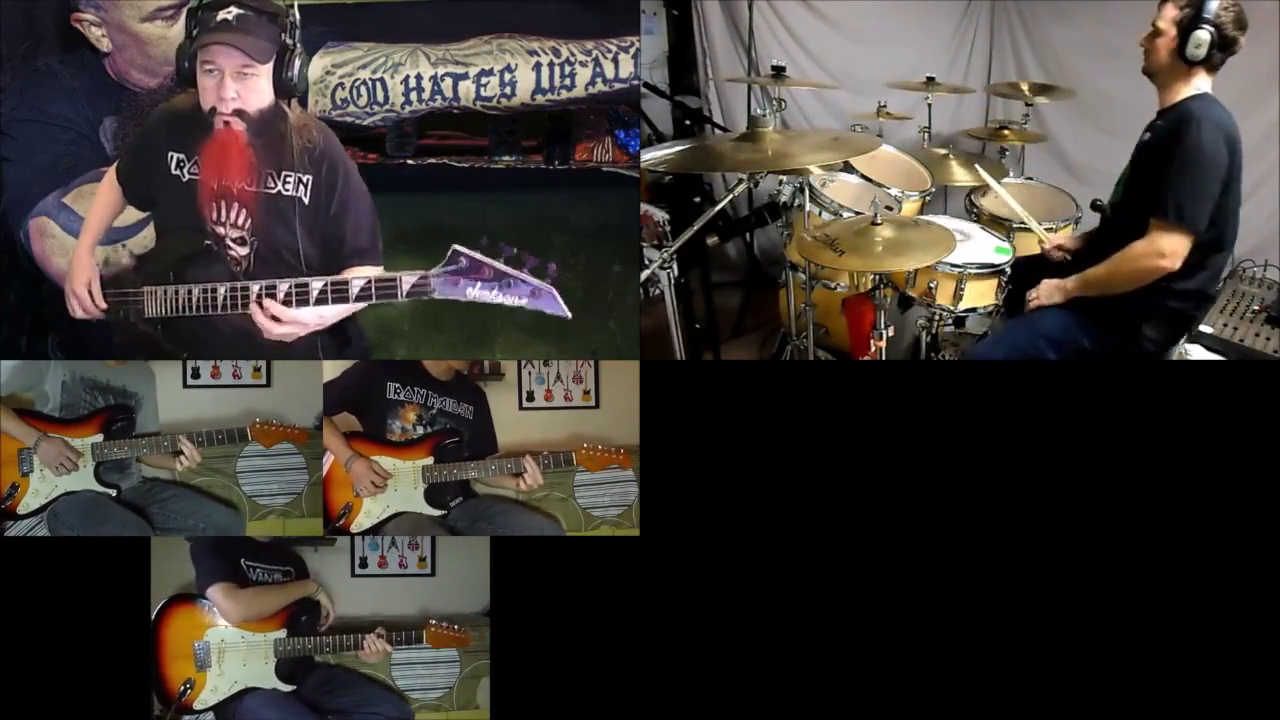

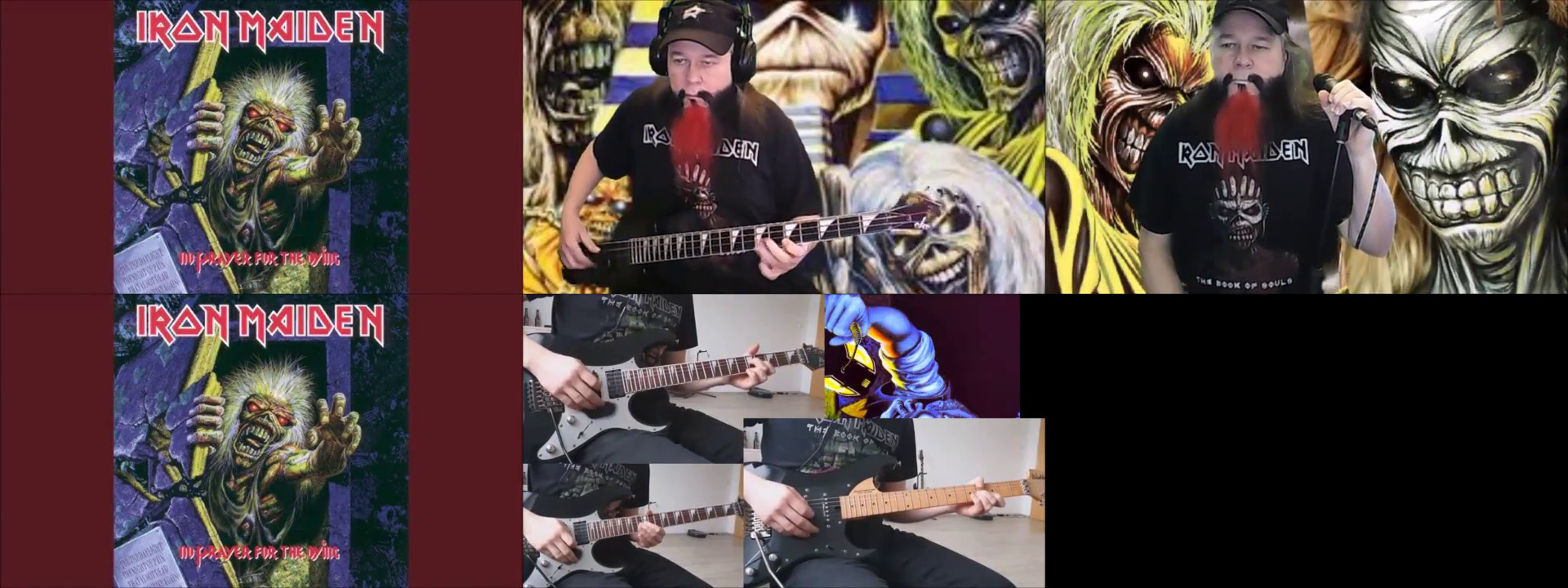

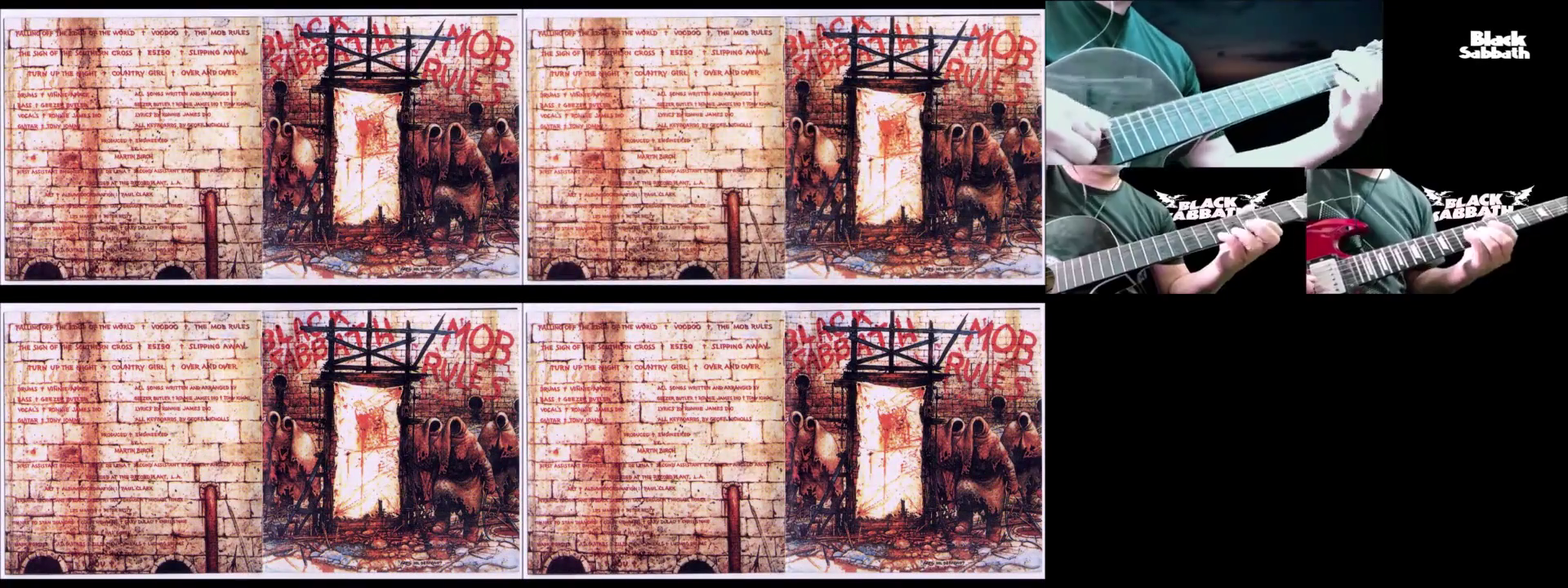
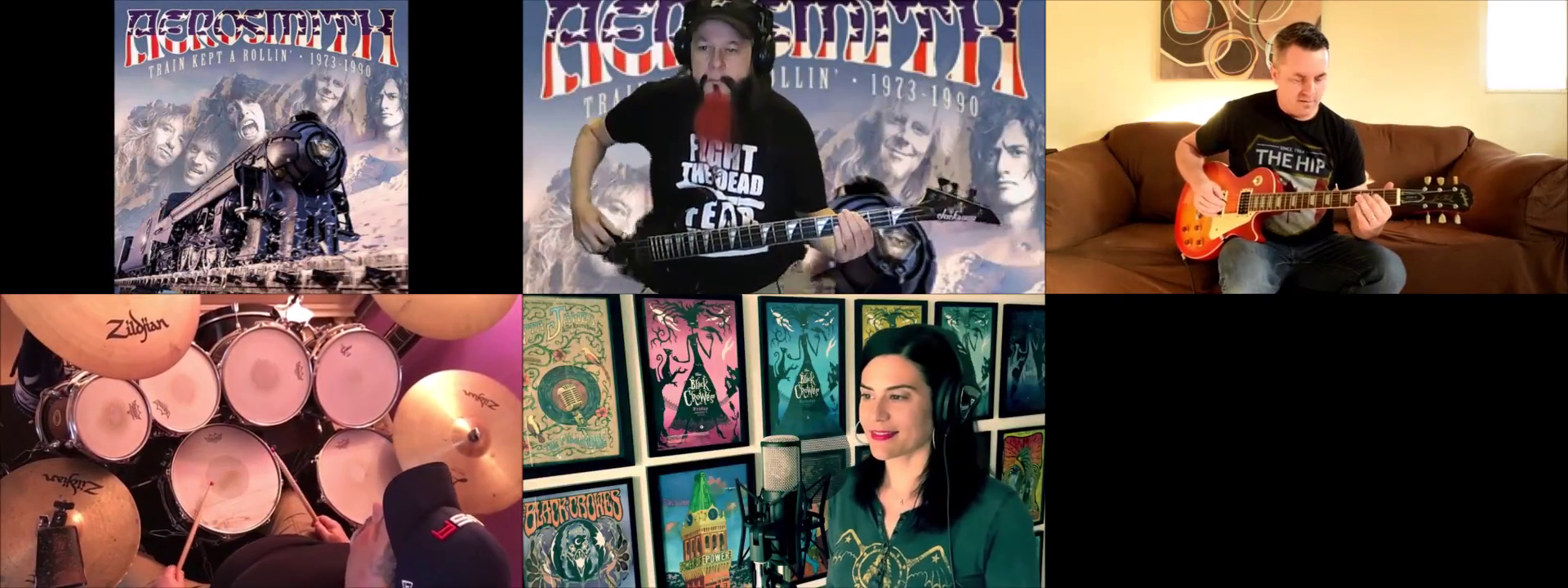












You guys are awesome!!! I removed the BT
How many times did I see T.O.P. ,,, and the ladies would all go whooooo.
Those trumpet notes... Great Tune ... Nice.
The MUSICIANSHIP is Top Notch!!!! Great job thus far!!!!
Great adds OwenKs, and Funk Bros(Cudgebass & Cudgedrums): Thank you for your tremendous efforts!!!!
Not quite there with the horn harmony......but I will!!!